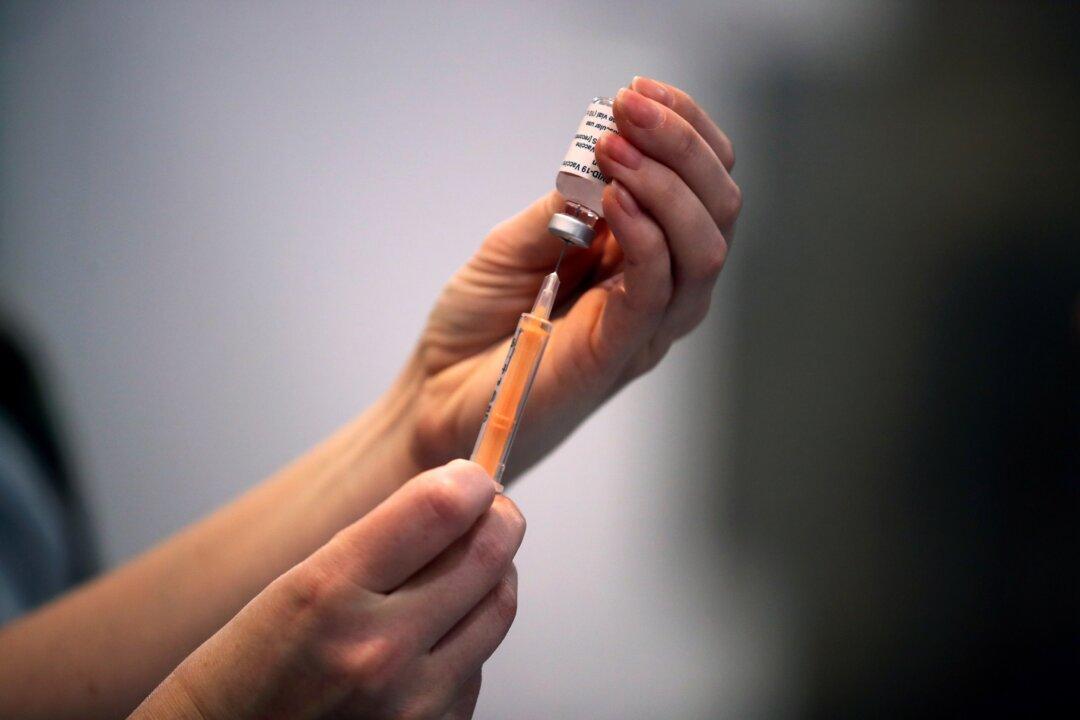Children as young as 6 years old will be part of a new COVID-19 vaccine trial in the UK, Oxford University announced on Feb 13.
“Building on previous trials of the vaccine, which have shown that it is safe, produces strong immune system responses and has high efficacy in all adults, this trial will assess if children and young adults aged 6–17 years make a good immune response with the ChAdOx1 nCoV-19 vaccine,” the university said in a statement.





